“How arrogant are you to think you deserve to go through life with no one ever saying anything that you don’t like” - Ricky Gervais
If you’re a fan of Ricky Gervais, it's probably because he says uncomfortable but true things.
It's a superpower, honestly.
It takes balls to do what he can do. And it takes even more balls to accept what he says as a joke and not be outright offended by it (looking at you, Mr. Depp).
I’m not here to give you a masterclass in the best comics in the world. Rather, I’m here to point you to our crypto world's problem: delusion.
We have somehow gotten to a point where we think whatever we do - to keep the token price alive - is justified.
And it doesn’t really matter what we do i.e.,
- it doesn’t matter if true innovation trumps token valuation
- it doesn’t matter if our products solve real problems
- it doesn’t matter if they actively search for solutions
As long as the founder and the team have a million-dollar marketing spend, they can try to find ways to keep the token prices afloat.
In fact, for several projects and teams, maintaining an active token price is an actual task on their task boards.

So prices become the north star. In fact, token performance becomes a determinant of how good the project could be.
But tell me honestly, dear, when did you last check Apple's stock price before buying their product?

Perhaps you do. I don’t.
But this speaks largely of the ill that mars us in this industry: delusion.
We’ve had our fair share of delusionaries, the recent ones being Do Kwon and SBF. But these were the extreme delusionaries - our local snake oil salesmen.
There are the other kinds of delusionaries—those who find unique ways to stay relevant (and some of them are actual stabs at proving themselves useful) yet cannot create something of substance that can actually add value.
One such delusionary is Charles Hoskinson from Cardano.
I marvel at a few things here:
- Cardano’s attempts at building a truly decentralized, self-sustaining blockchain that sets an example for other more centralized ones to follow suit.
- His nonchalance about what others think of him. Perhaps that’s something you appreciate in a founder regardless of how his product performs.
- The Cardano community’s fiery betrothal to the beliefs propagated by the above two, its inability to participate in rational conversations, and its refusal to start questioning the obvious.
So, the remainder of this piece will largely be a discovery exercise: a journey to debunk these three things by exploring the Voltaire upgrade.
Is Voltaire the next big thing that puts Cardano back on the map? Is 100x possible for Cardano?
Let’s understand.
Cardano’s attempts at building a truly decentralized blockchain
Cardano’s concerted attempts at building a truly self-sufficient and self-updatable blockchain must be lauded.
Even though this admiration comes from the thicc af research papers they pump out, I’m sure they plan to bring that research into reality.

Recently, Charles shared on his Twitter that Cardano Node 9.0. I liked his post. It gave me high hopes that Cardano is building a truly decentralized world.
And because it seemed interesting, I dug deeper.
What on earth is Cardano 9.0?
Cardano Node 9.0 features the Chang Fork, the ultimate upgrade and milestone in Cardano’s roadmap.
It allows any individual to initiate a decentralized action by creating an on-chain governance act. Users can do it themselves or delegate their voting power to someone else.
Don’t be confused about the Cardano Node terminology: it's just a hard fork that each node will have to comply with; you can think of Cardano Node as similar to how any node works in the case of a PoS blockchain.
With this hard fork, Cardano steps into the Voltaire era, with its ultimate goal of becoming a self-sustaining blockchain ecosystem.
In essence, as part of the Voltaire upgrade, any individual can initiate a governance action.

How is Voltaire different from the previous governance setup at Cardano?
Before Voltaire, any governance action had to be initiated through a Quorum-Many authorization from the governance keys (5/7 on mainnet).
Through this:
- either a governance action could be initiated or
- a fund transfer request could be raised (to be spent from the treasury)
And who are these holders who can initiate these actions? Genesis Key holders, which limits that to a select few team members.
This limited the participation of ADA holders, creating a highly centralized governance structure.
However, this handful committee is now being replaced by a full-fledged constitutional committee that ratifies all the actions initiated by ADA holders. ADA holders can replace this committee through DReps (Delegated Representatives).
“But is this power already not in the hands of ADA holders?”

It is, technically. They have this power by delegating it to holders who can act on their behalf. But with Voltaire, this power gets truly put in the hands of the users.
Now, with Voltaire, any ADA holder can initiate these governance actions:

Just look at points 2, 3, and 4.
A couple of L2 comparisons: Arbitrum and Optimism
Compare this with Arbitrum, where a 9/12 multisig wallet Security Council can decide to either act instantly or through a phased period to carry out actions to fix the Arbitrum chain (should any issues arise).
While a democratically elected council can still warrant these emergent actions, Arbitrum's pivotal cause of concern is its Sequencer ownership. In short, this means a few folks can control how your actions are ordered on Arbitrum. But that’s another story in itself.
For Optimism, the Token House controls critical governance actions such as protocol upgrades. Anyone can join the Token House and/or delegate their voting power to the existing delegates.
This is similar to the previous (pre-Voltaire) governance setup at Cardano.
Decentralized governance is quite nuanced, and it can encounter different challenges in different places.
In the case of Cardano, this new hard-fork presents a novel opportunity for every ADA holder to participate in governance.
This makes sense when you consider that about 64% of ADA’s market cap is actually staked on the network. There are 2.7M ADA holders, a market cap of $14B, and a whopping $9B staked.
Compare that with Ethereum, with about 2M ETH holders, a market cap of $409B, and $113B staked, for 2.9% APY, that might seem a helluva lot.
But it isn’t. The ADA supply is capped at 45B ADA tokens overall. And 77% of that are already in circulation.
Now, here are a few observations:
- The biggest protocol on Cardano is a DEX with $20M in TVL and a lowly $1.7M of trading volume.
- The most notable money market on Cardano has $49M in deposited collateral, which is 1.6% of the total wETH deposited on Aave (which is just one asset on one protocol).
- Most of the Cardano TVL is locked in DEXs or money markets. The top 10 protocols alone account for about 90% of the overall TVL in Cardano DeFi.
- And a majority of these dApps - well, their UI - is really subpar.
This begs the question: Who is even using Cardano?
And if no one is using it, why do any of these upgrades they are working on matter?
The numbers speak for themselves.

The usage of Cardano pales in comparison to that of other chains. This clearly shows the almost dying interest in the chain.
However, we cannot deny one critical factor: their die-hard community.
The fiery Cardano community
You know, there are ‘fans,’ And then there are absolute freaking beasts of people who’ll go to any lengths to defend those they fan over.
I’m pretty sure that the Cardano community has had to take the latter role because, well, there’s no way they can survive with all the FUD that has been consistently thrown at them.

That fiery support, we salute.
The core community is united by the sentiment that Cardano shares many of Bitcoin's properties. The upcoming decentralized governance is a massive step in that direction.
Well, for an asset that’s a fickle 1.2% of the overall market cap of Bitcoin, I don’t see where the similarities are. I mean, the differences are so widely evident.

One is considered digital gold, a vehicle for speculative investment on which several new financial primitives can be built, and the other is an asset purely driven by the wild idea that it might see the actual light of day someday.
I mean, it's simply baffling how people can say something like this:

Granted, there’s some truth to it—Cardano is one of the first and one of the few blockchains to take a “proactive” step in compliance by preparing for the requirements set forth by the European Union’s MiCA (Markets in Crypto-Assets).
Cardano Foundation released a MiCA compliance report on July 2nd, 2024.
One of the most fascinating things about the entire community is its consistent attempt to find similarities between Cardano and Bitcoin.
Take this Reddit thread, for example.
This is a series of episodes that talk about how:
- Cardano and Bitcoin are the two undefeated and indefatigable juggernauts in crypto, each serving its own purpose
- A majority of the PoS debates today are marred by “tribalism and misinformation”
- A majority of the discussions within Bitcoin and Cardano are stifled by “cult narratives and divisive founders”

Cult-like behaviors? Divisive founders? Juggernauts of the industry?!
While Cardano is certainly a PoS blockchain with huge potential and is also one of the first PoS chains to bring out real innovation - it doesn’t change the fact that its value is worth nothing compared to what Bitcoin and even some other L2s have.
The numbers don’t justify the existence of anything on Cardano at all! We’ve already seen it.
Now there are several things about the Cardano community that I appreciate: their almost unwavering sense of faith in the underlying technology.
Through the years, the community has rallied around the narrative of true value creation. And honestly, I don’t doubt their ability to do it.
But writing research papers and shouting out the philosophies isn’t the way to go about it. To me, the entire Cardano community looks like they were the public favorite fighters, putting in the hard hours and training like hell—but never really getting into the actual fight.

That said, I do appreciate the vigor and passion with which the community struts about. The fact that Cardano has nurtured such a staunchly dedicated community speaks volumes about how they’ve nailed community building.
On Mr. Hoskinson
“I’m kind of polarizing. People either like me, or they hate me. There’s not a lot of people in between.” - Charles Hoskin in an interview with Yahoo Finance.
Well, that’s for certain. A man who has been called all sorts of names by his peers and colleagues, who has been questioned several times for the viability of what he has built and what he’s been building, and whatnot.
The tribalism that we briefly looked at previously is quite prevalent in Cardano. Take this tweet from 2018 as an example.
Antiprosynthesis.eth makes a very valid point about Cardano being nowhere near being as capable as Ethereum was (even at that time).
If you cannot find it, antiprosynthesis talks about MakerDAO, 0x, and several other protocols that are building on Ethereum that seem quite promising.
While this is a decent and respectful conversation, I think it still lacks logical arguments from one side.
How can progress for the sake of making progress be construed as actual value creation?
I mean, ok.
This doesn’t directly concern Charles, but this kind of tribalist behavior is indeed to have some origins from someone at the very top of the organization.
Charles has had an interesting journey. He dumped Dan to co-found Ethereum, was almost kicked out of Ethereum, and then built Cardano.
In between all of this, he publicly tweeted about how his former colleagues called him all sorts of things.
I’m sure we all will appreciate Charles’ dynamism and his experience of building out and/or being part of hugely successful products.
You expect someone like him to bring much experience—which I’m sure he did. But despite that, we have seen how Cardano has fared.
Now, I do not wish to turn this into a character sketch. I’m sure he’s a very talented founder and has probably 100x of the brain cells I have. But clearly, his ventures haven’t really taken off.
Perhaps the only thing we can learn from him and his adventures through the world of web3 is his ability to raise a devout community and nurture them to be his very last defenders. Web3 marketing managers should take note.
Closing thoughts
I know what you’re thinking. This entire piece was a dig at Cardano. I’d argue on the contrary, it was a reflection of what this project could have been.
Just think about it. Cardano was one of the first projects to launch alongside Ethereum and several others.
This project was part of the original crypto batch, where people were still figuring things out. The amount of learning the Cardano team must have had through osmosis is unquestionable.
But I think they missed that train. I admire what Cardano has evolved to—I think it's a brilliant exercise in community building. And perhaps it was the community’s fervor that brought them so far—and to some extent—is keeping them alive still.
If anything, we must study how their community evolved and how they managed to center around the promise of Cardano - all to see what we can pick up from it.
Furthermore, I think the experience that someone like Charles Hoskinson brings is giga-chad level.
His ability to create a sense of tribalism where the community members become fierce defenders of his beliefs is an excellent study of how to create die-hard communities that later evolve into nation-states.
I wish this had spelled some success in terms of actual numbers coming in from people who’d taken some interest in what they were building.
But beyond a few lessons, I don’t see anything here.
Cardano either lights our way in decentralized governance or ends up being an exercise in delusion, only to teach us how projects in web3 shouldn’t be.






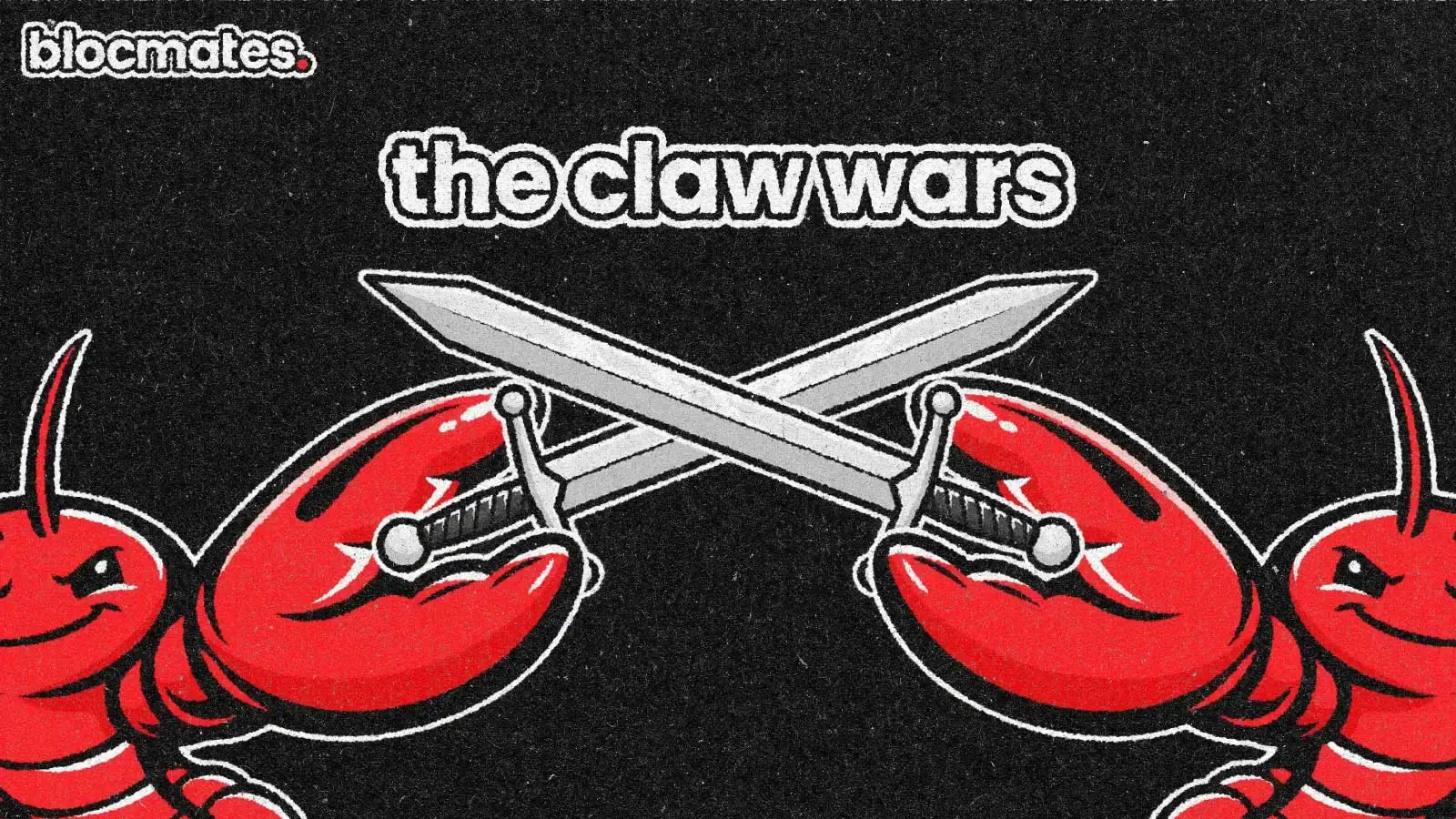
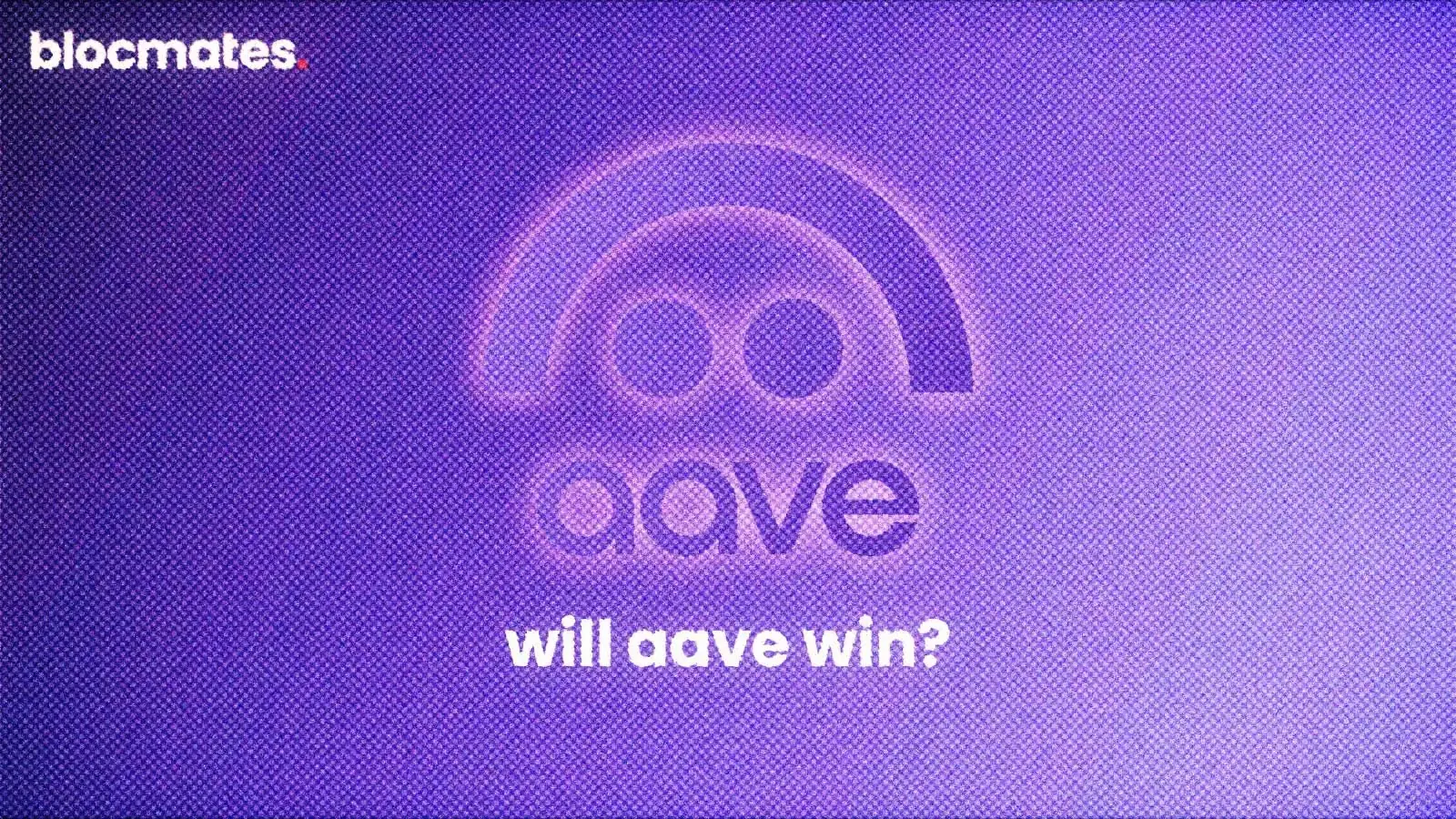



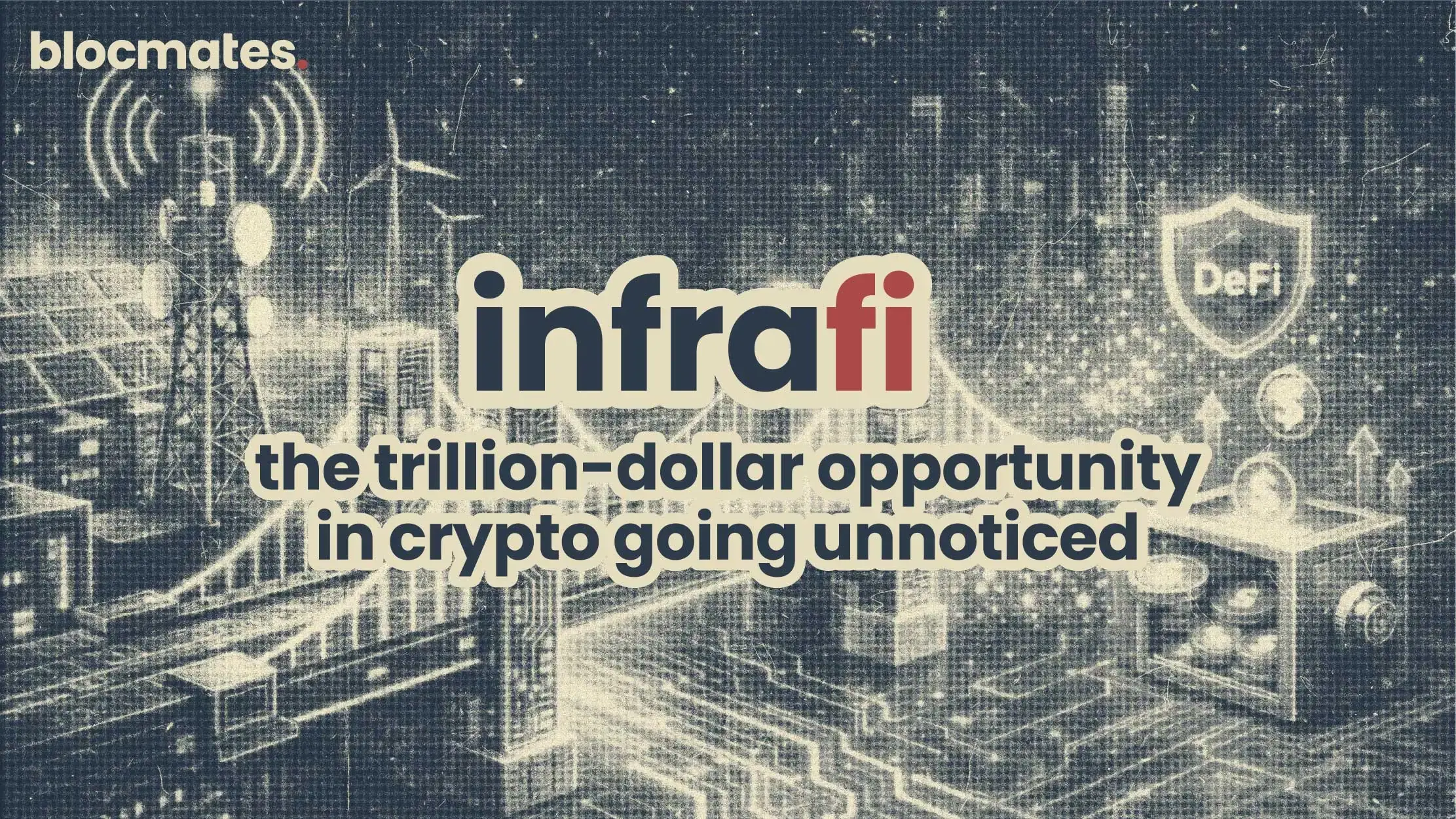
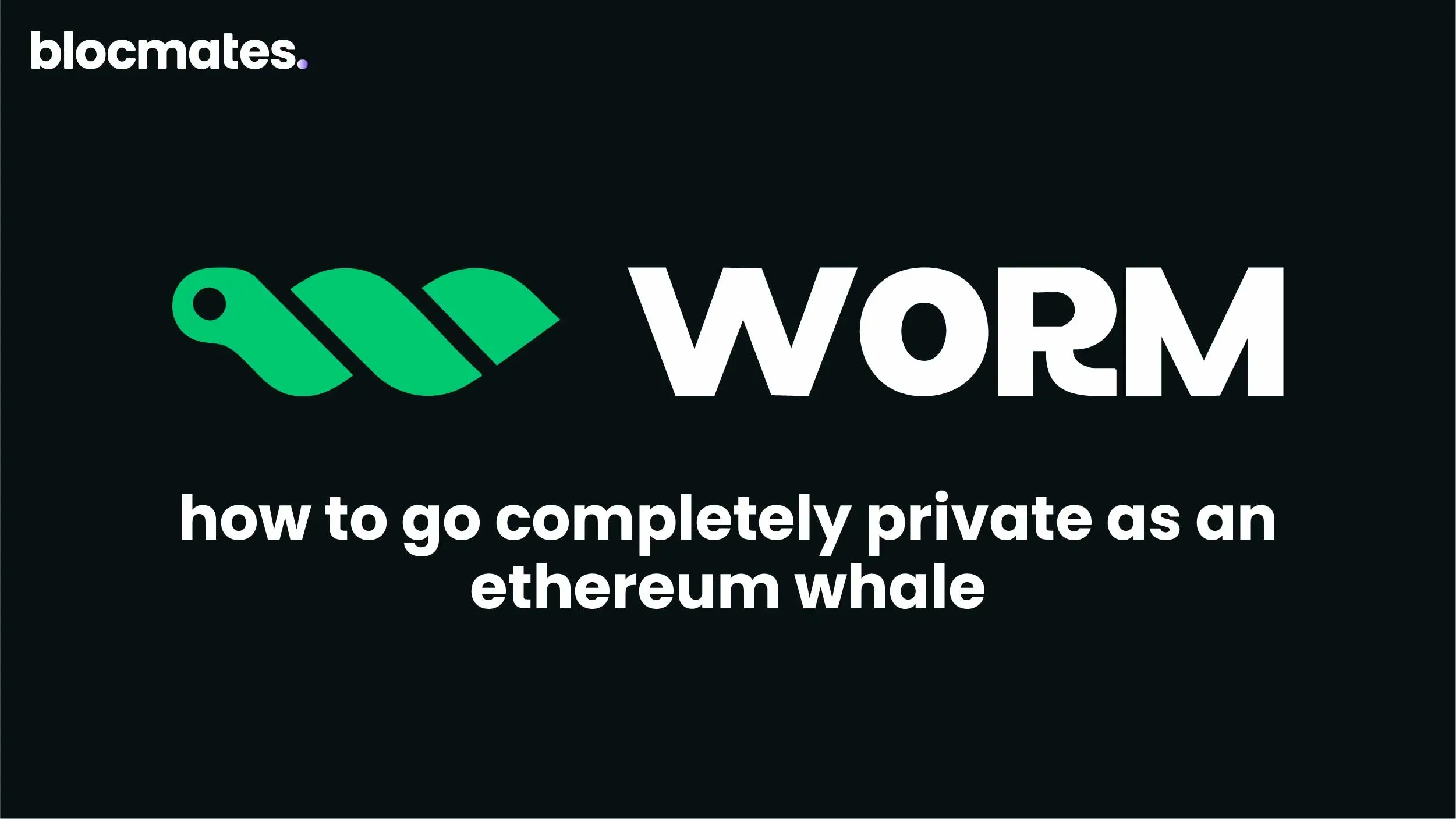
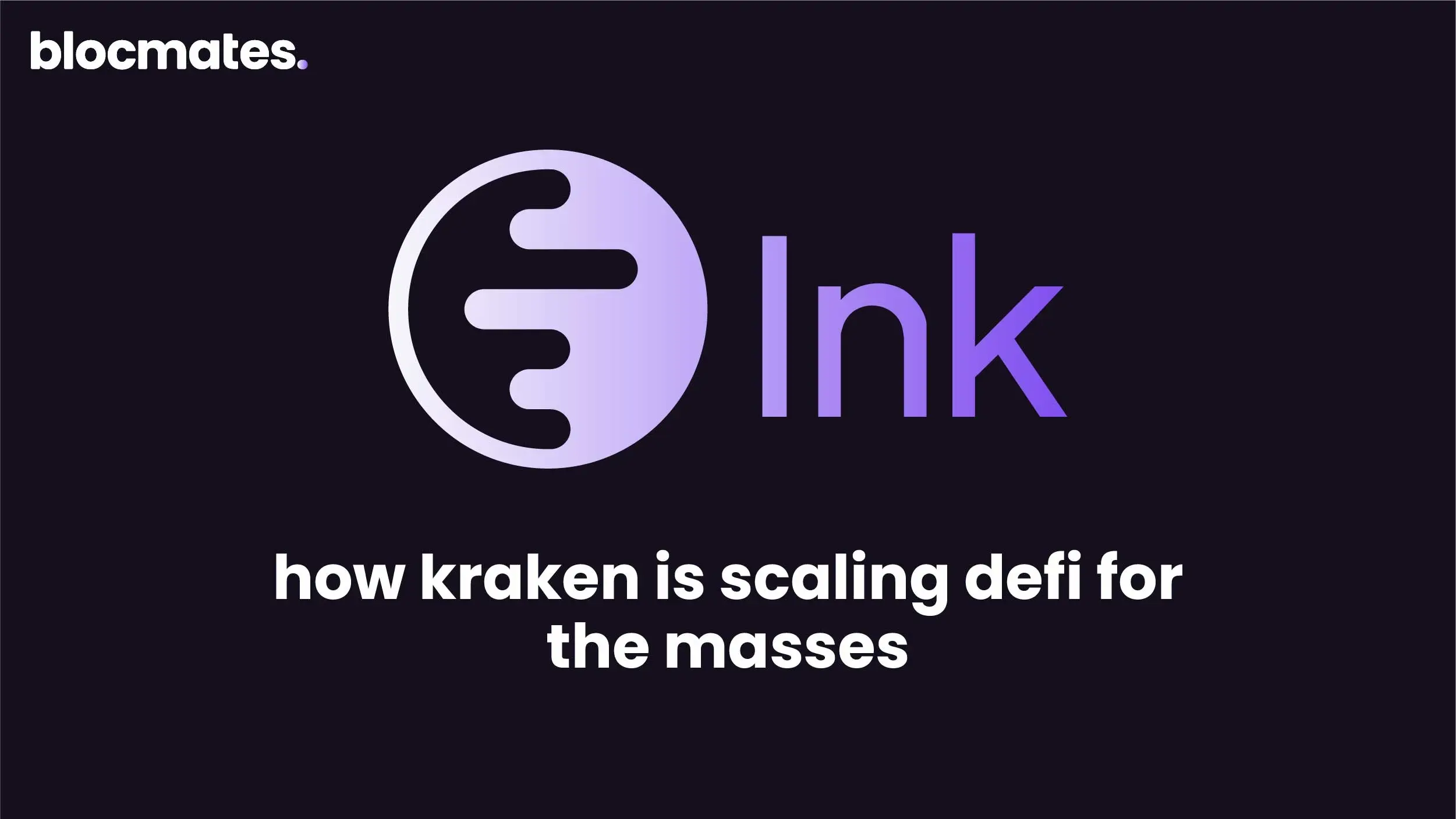
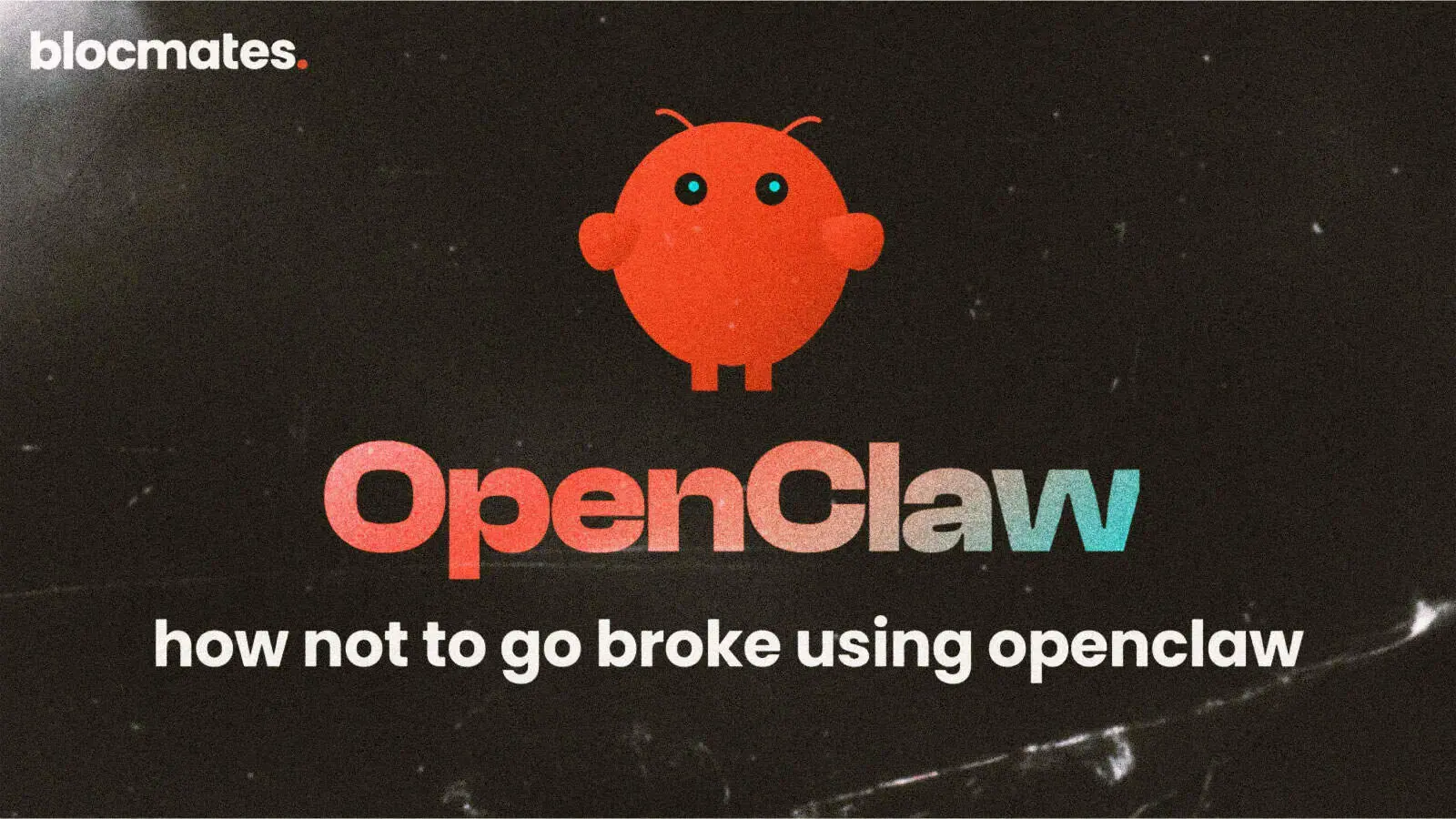
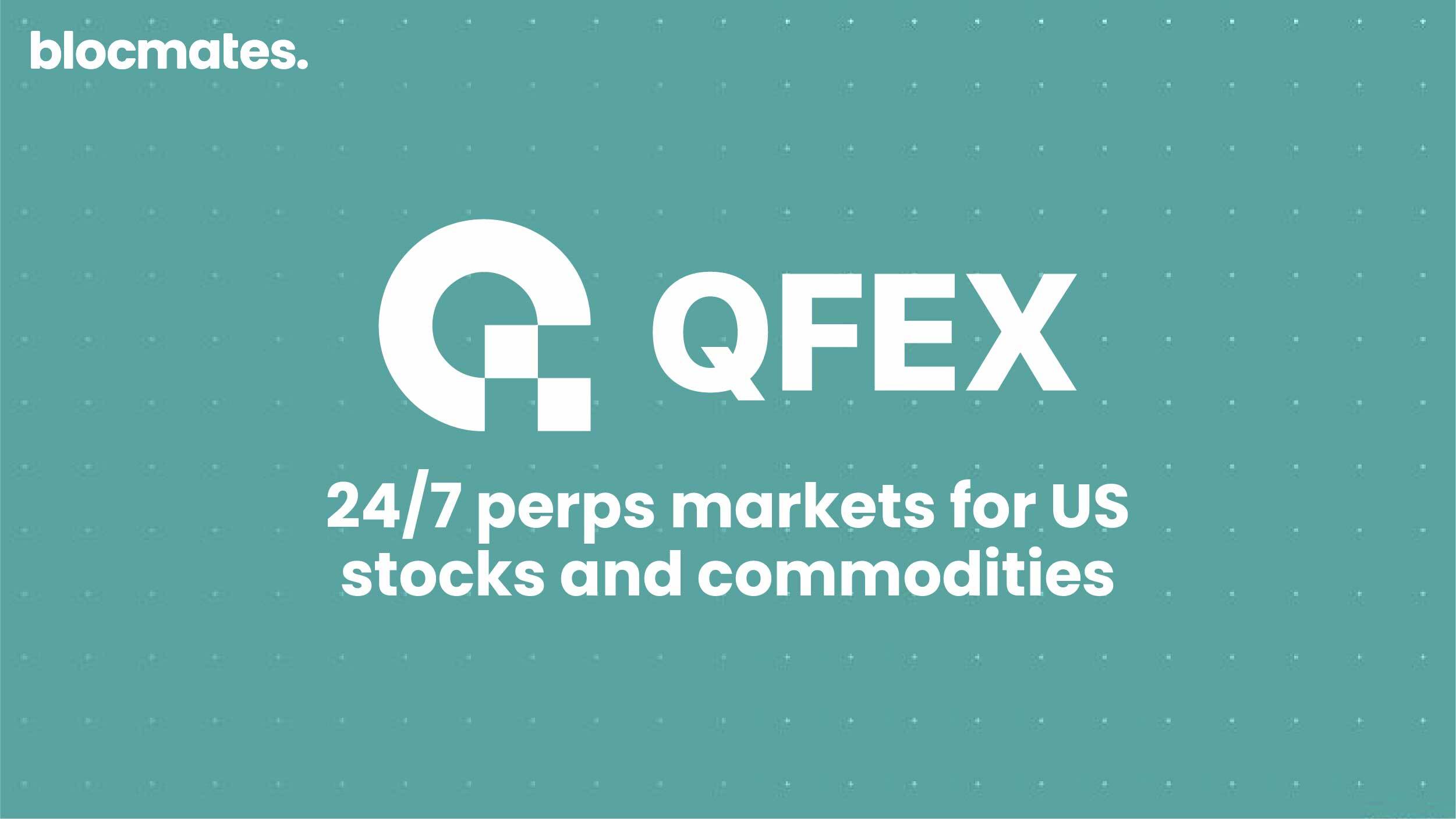
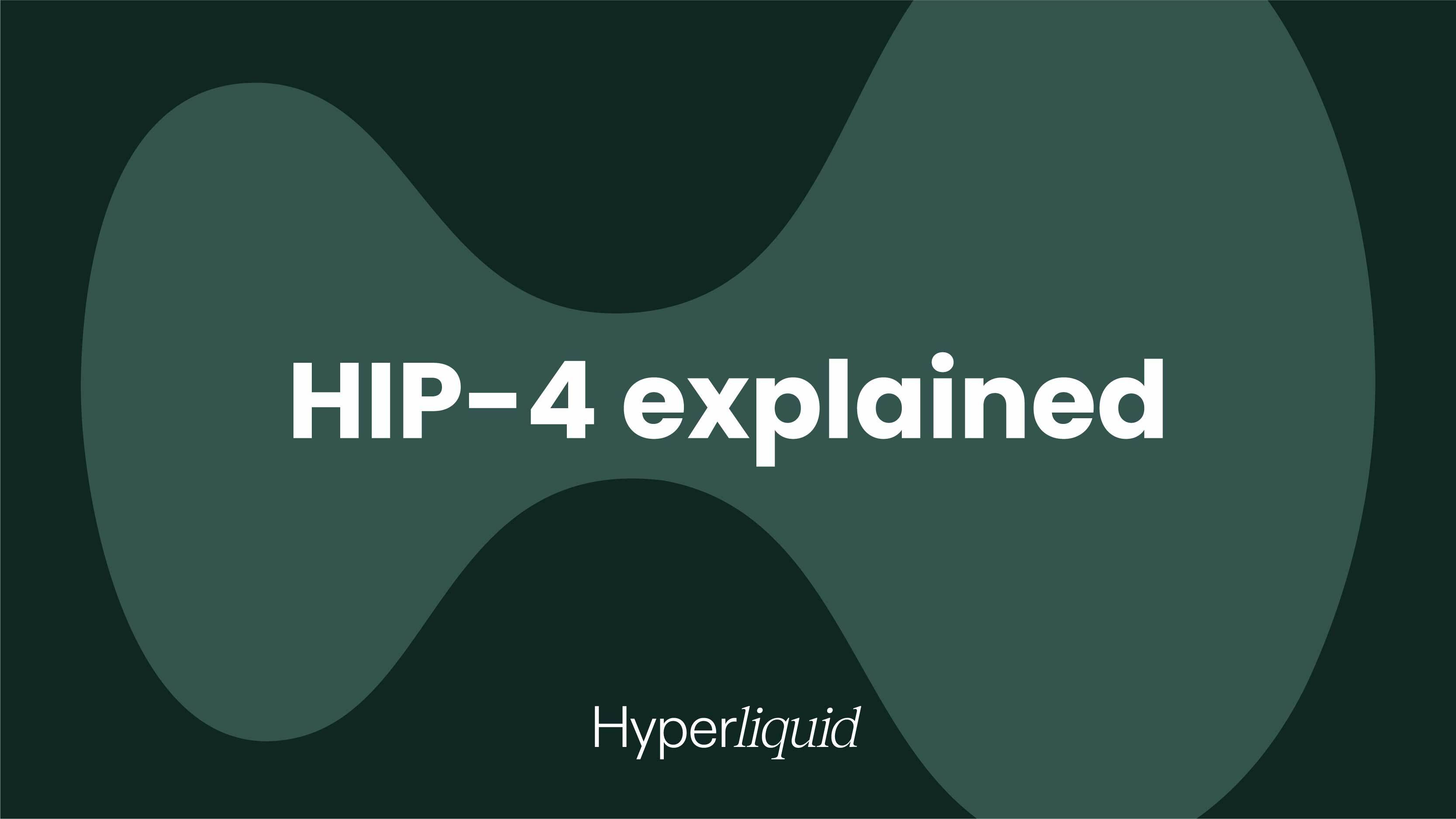


















.webp)

.webp)
.webp)

%20(1).webp)



























































%202.webp)


.webp)

.webp)
.webp)
.webp)

.webp)
.webp)

.webp)
.webp)
.webp)


.webp)
.webp)










.webp)


.webp)









.webp)







.webp)




.webp)


























.webp)







.webp)















.webp)

.webp)
.webp)

.webp)














.webp)

.webp)


.webp)








.webp)




